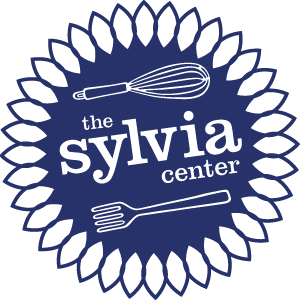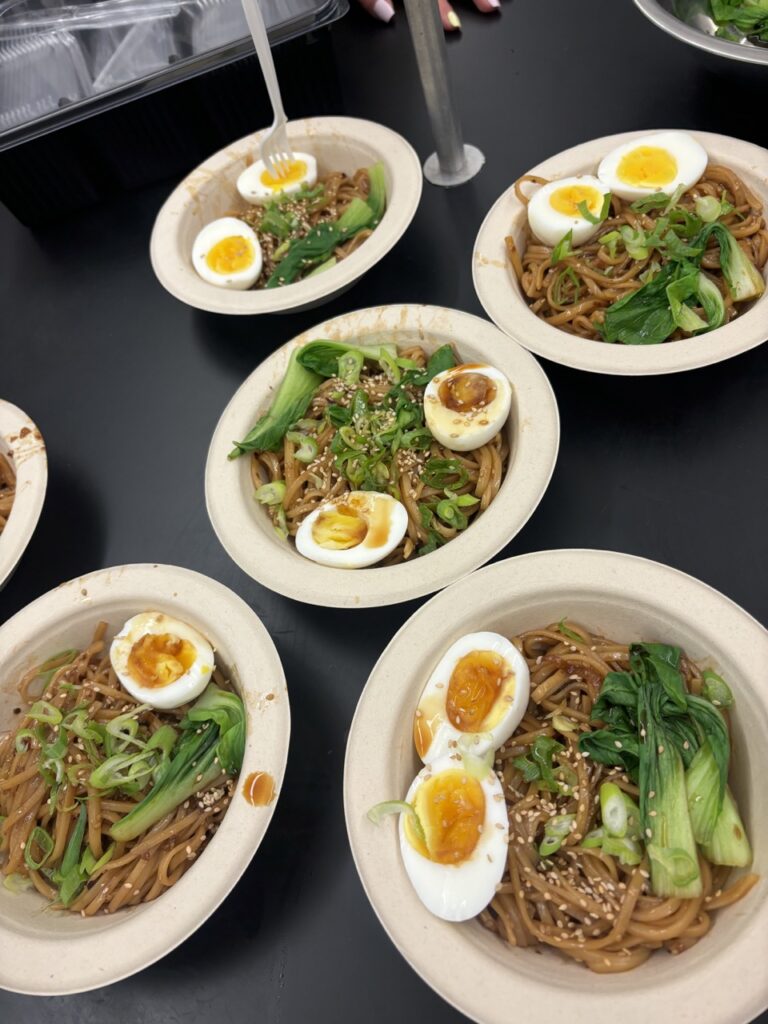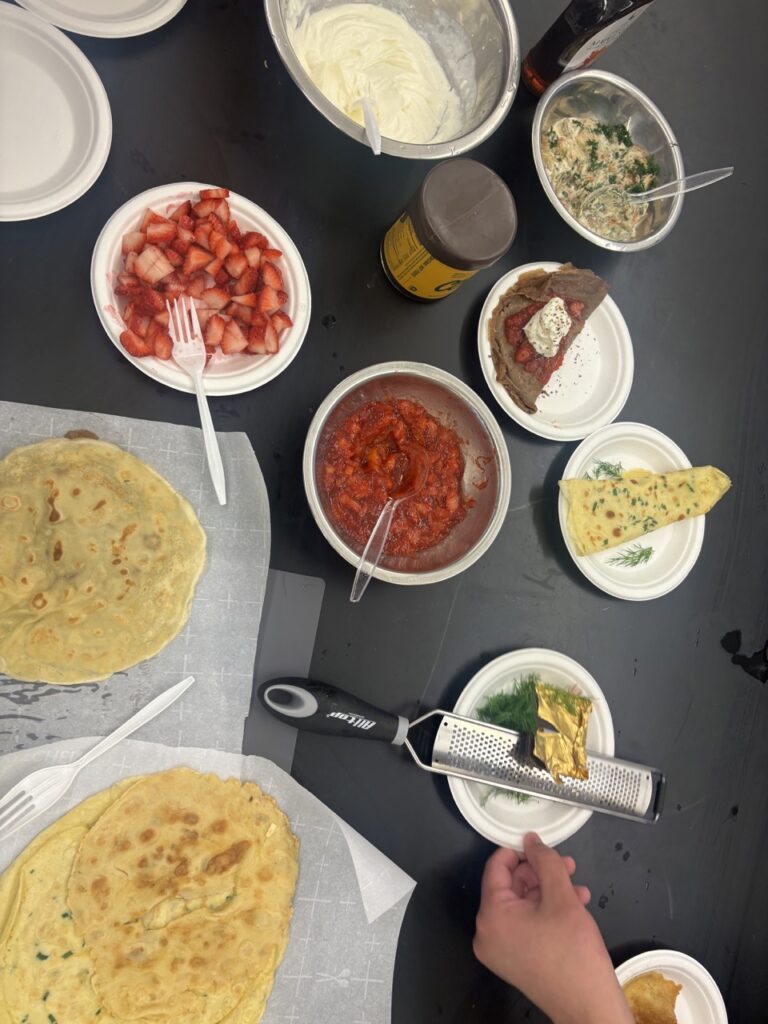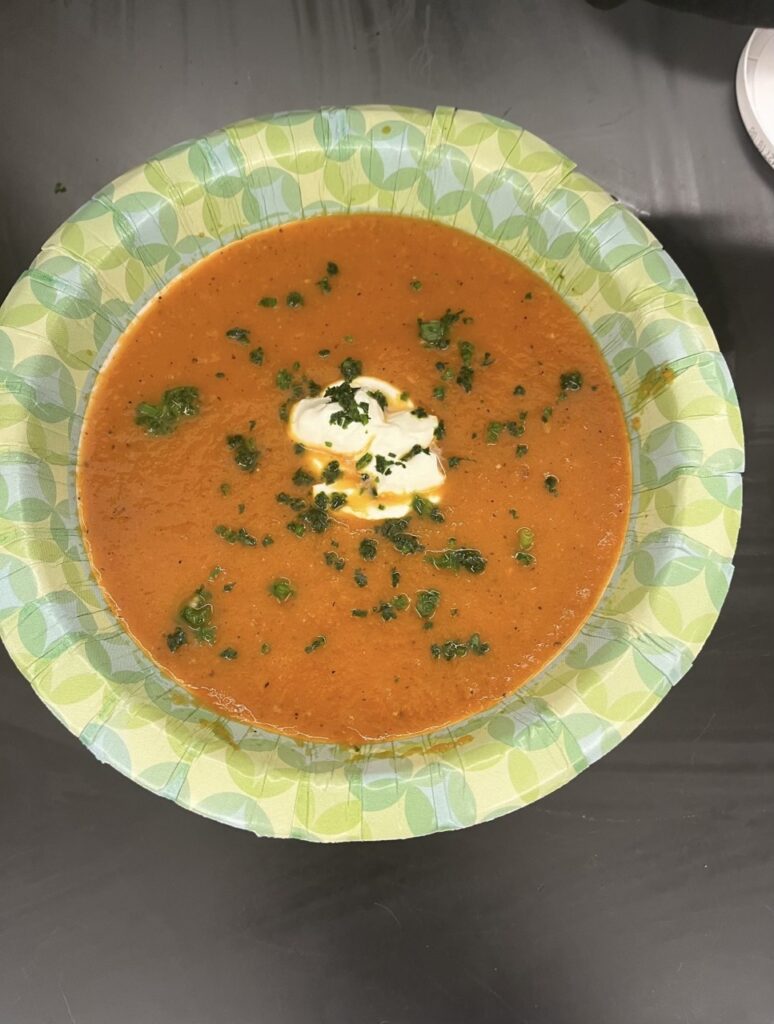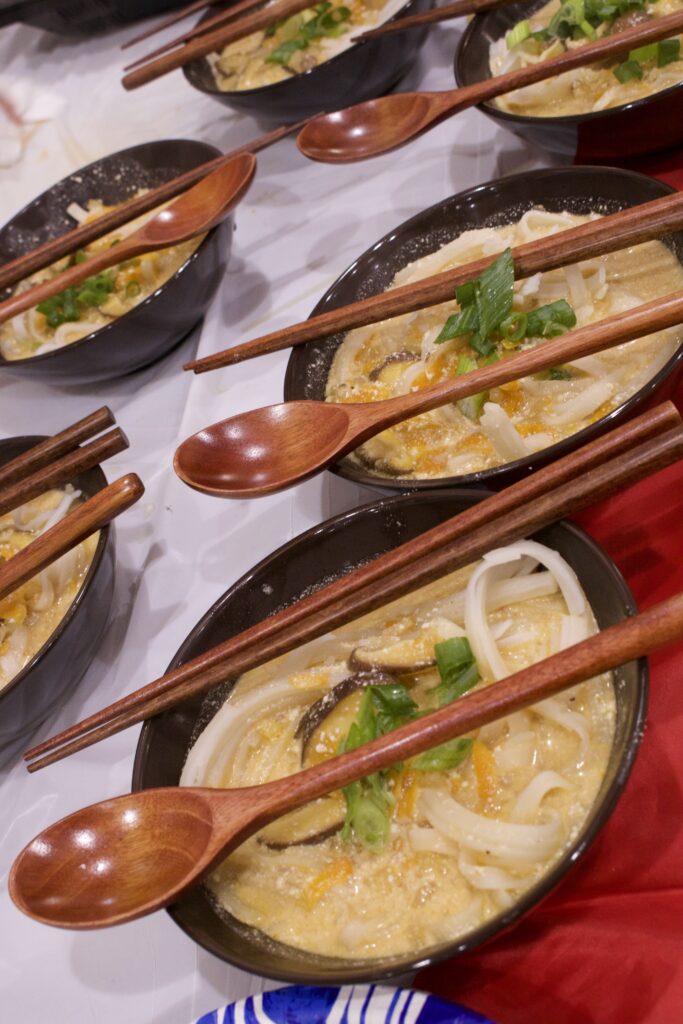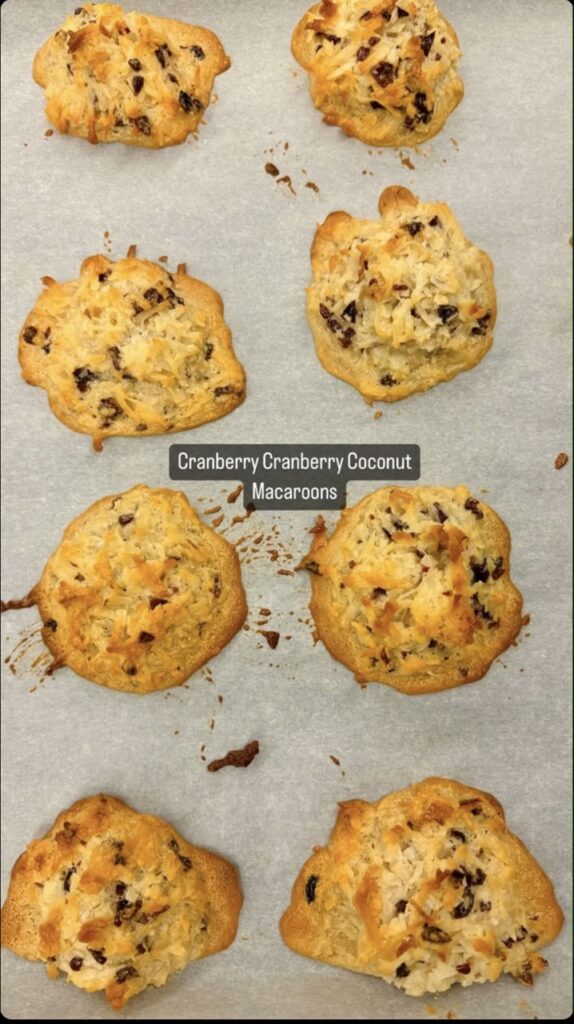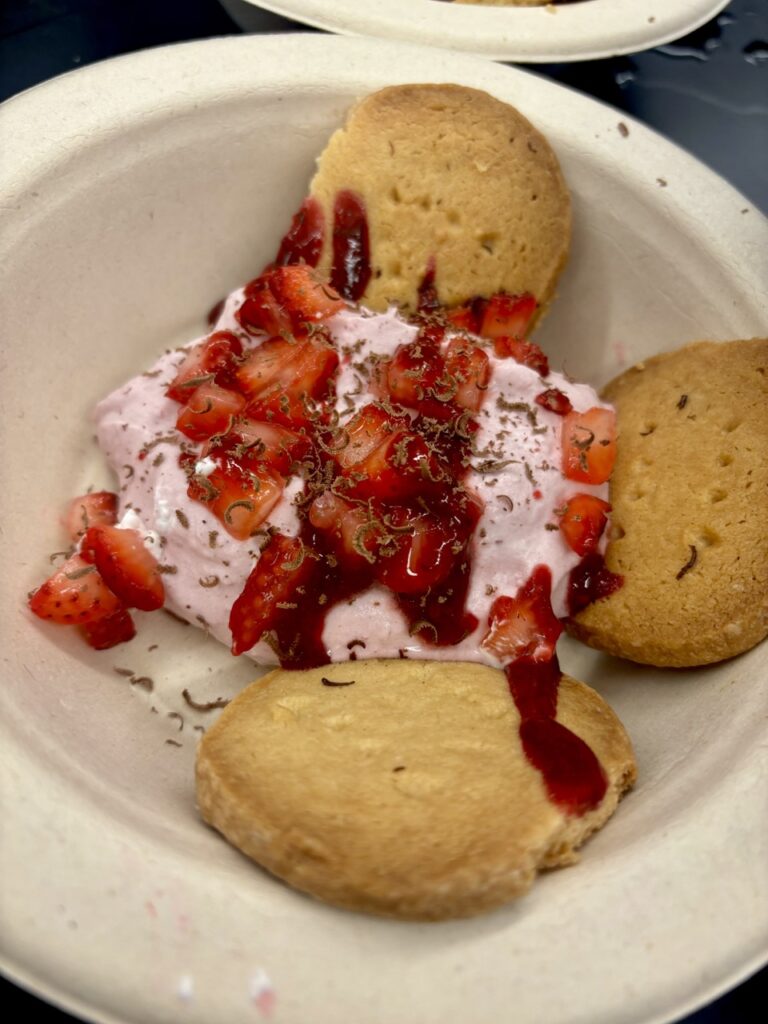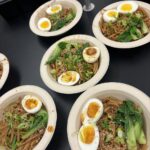- Screenshot
- Screenshot
Recipes are the cornerstone to The Sylvia Center’s programs and curriculum. In every class, students prepare a recipe that is nutritionally balanced, age appropriate in cooking skill, and features whole ingredients that are in-season and easily accessible in the neighborhood.
In the spring, TSC Chef Educators Benia, Cara and Emma focused on developing a new batch of culturally relevant recipes for the Teen Culinary Apprenticeship (TCA) program, based on input from the participants. It’s important to the students and chefs that they are able to prepare dishes with which they are familiar, both culturally and at home, and–more simply–that they feel excited about.
In the classroom, students experimented with these new recipes that included plant-based versions of pupusas, mofongo, mafe, jollof rice, biryani, Thai green curry, crepes and more! Representing the South Asian, Caribbean, African and Latinx communities, the teens also had the opportunity to assist Chef Educators with modifying the recipes to fit the needs of each classroom.
Giving our talented students the agency to take charge with recipes is one of the ways we give them a sense of autonomy, and embolden them to make practical decisions not only in the kitchen, but in their lives. Being able to taste, adjust and play with your food is an empowering experience. TSC’s goal is for students to walk away from class feeling accomplished that they prepared a meal for themselves, confident in their newly learned culinary skills, and empowered with the knowledge of how to nourish their bodies with food.
Incorporating culturally relevant recipes is a big priority for our team. We strive to make safe spaces for our students to learn, explore, and feel seen in the classroom. Teen Programs Manager and Chef Educator Benia Darius emphasized the importance of focusing on cultural exchange and celebrating the diversity of the student population: “Each recipe is an opportunity for the students to talk about their backgrounds.”
The Teen Culinary Apprenticeship program has been generously supported by The Pinkerton Foundation and ExpandED.

